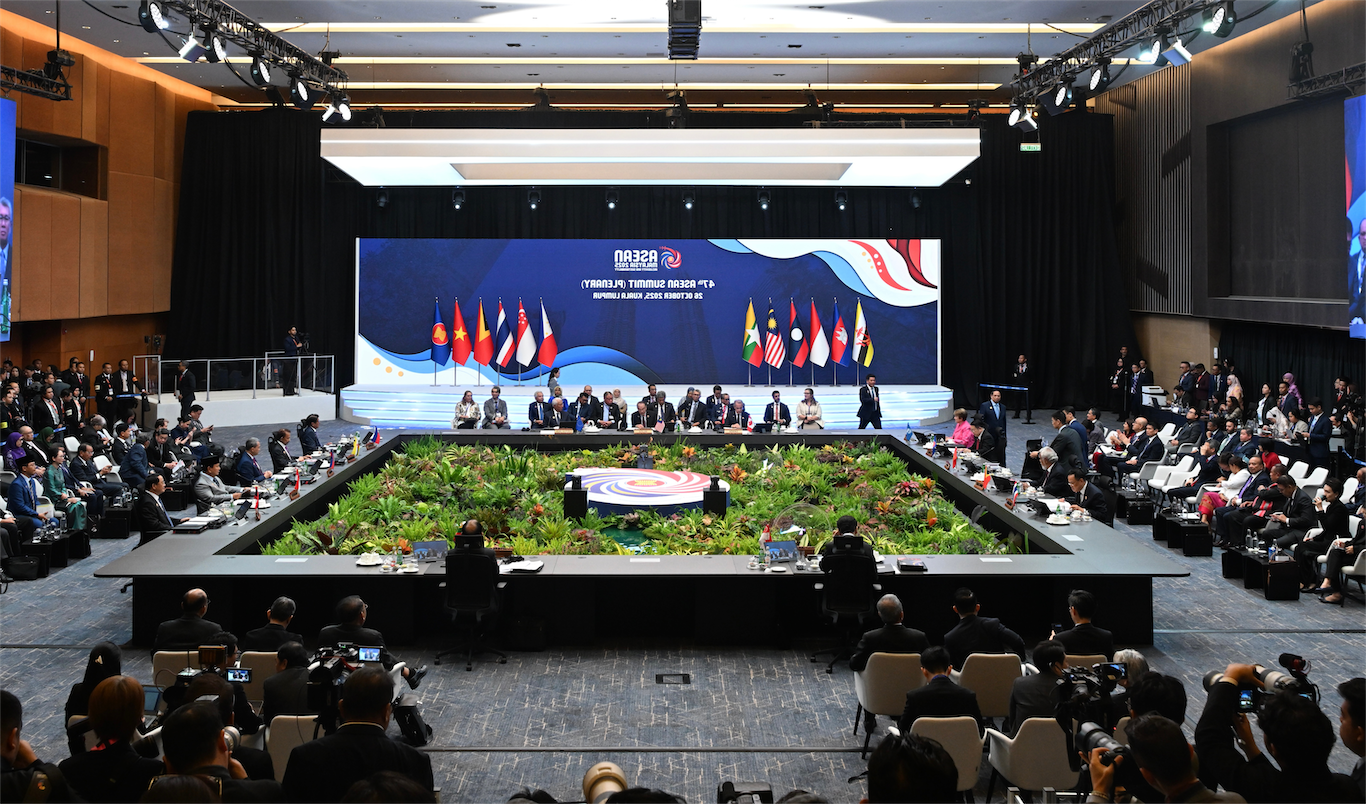I have been generously assisted by many colleagues in Indonesia in writing this book. The main research began in 2018 but, in a sense, I have really been gathering material for much longer than this. I first lived in Indonesia, for a year in Jakarta, in 1969-70. In the five decades since then, I have watched closely many of the political, social and economic events discussed in this book which CSIS was involved in. I remember, too, the early years of CSIS because–as Indonesia’s first non-government think tank–within a year or so of being established in 1971 it became well-known in public policy circles in Jakarta and overseas.
My first thanks are to Medelina K. Hendytio and Faustinus Andrea. Medelina has been my key point of contact in CSIS throughout the collection of materials and the preparation of drafts. Medelina and I have exchanged hundreds of emails and have shuffled dozens of notes and drafts between Jakarta and Canberra. Andrea has gathered extensive research materials from CSIS files and, especially, carefully compiled sets of valuable chronologies of events to help guide the narrative.
Harry Tjan Silalahi, Jusuf Wanandi, Clara Joewono, and Djisman Simandjuntak are outstanding figures in CSIS. Their guidance and commitment can be found throughout all of the work of the Centre since the institution was established. In addition to the extremely rich trail of articles, speeches, and details of involvement in other activities that reflects their work over many years, they participated actively in the process of preparing this history. They prepared many papers and memos, recorded interviews, and provided numerous opportunities to discuss the history of CSIS. They have led the Centre in the production of this book.
Philips J. Vermonte, Shafiah F. Muhibat, Yose Rizal Damuri and Vidhyandika D. Perkasa were the CSIS team during the main period that this book was being prepared. Philips J. Vermonte took over as Executive Director of the Centre from Rizal Sukma in early 2016. Shafiah F. Muhibat, Yose Rizal Damuri and Vidhyandika D. Perkasa were, respectively, the Heads of the Departments of International Relations, Economics, and Political and Social Change who were closely involved in our work. They all joined in numerous meetings–both in seminars in Jakarta and in regular international internet discussions– to discuss the history of the Centre. They all also helped gather key briefing materials to ensure that the narratives throughout the chapters reflect the work of CSIS. When Arya Fernandes became Head of the Department of Political and Social Change in early 2021, he ensured that the flow of strong support was maintained. J. Kristiadi, who joined CSIS in the mid-1970s, was another of the senior scholars in the Centre who provided key guidance to our efforts.
It was Mari Pangestu who suggested, during a visit she was making to Canberra, that I might work on this history. I have known Mari since the late 1960s when her father, the late J. Panglaykim, was a senior staff member in economics in the Indonesia Project at the Australian National University. I was a student in the economics department at the time. Later, after J. Panglaykim and Mari joined CSIS to conduct research, the Indonesia Project established links with the Centre. These links have been maintained for over forty years. Mari has watched over the work on preparing this book from the beginning. She continued to share papers and participate in our internet meetings after she took up a post as one of the Managing Directors at the World Bank in Washington DC in early 2020.
Eko Napitupulu and Beltsazar Krisetya helped supervise the overall book production. Eko provided editorial oversight and Beltsazar guided the selection of photos.
Of the many other members of the CSIS family whom I have known and worked with in recent decades, I wish to mention Hadi Soesastro, an outstanding scholar and much-loved colleague for all of us who died, too early, in 2010 at the age of 65. He was not with us to participate in the preparation of this book but his spirit and thoughts run through all the chapters. I hope Hadi would have been happy with the way this book has turned out.
Finally, I wish to say that it has been an honour to work with my CSIS colleagues on this history of their Centre. It is a wonderful thing to be invited to join a family for a major celebration like a 50th Anniversary. I was proud to be invited by Mari Pangestu, on behalf of CSIS, to work on this project. I gladly take all responsibility for the errors which readers will find in this book. I hope my CSIS colleagues will overlook these mistakes
Canberra, September 2021
Peter McCawley







